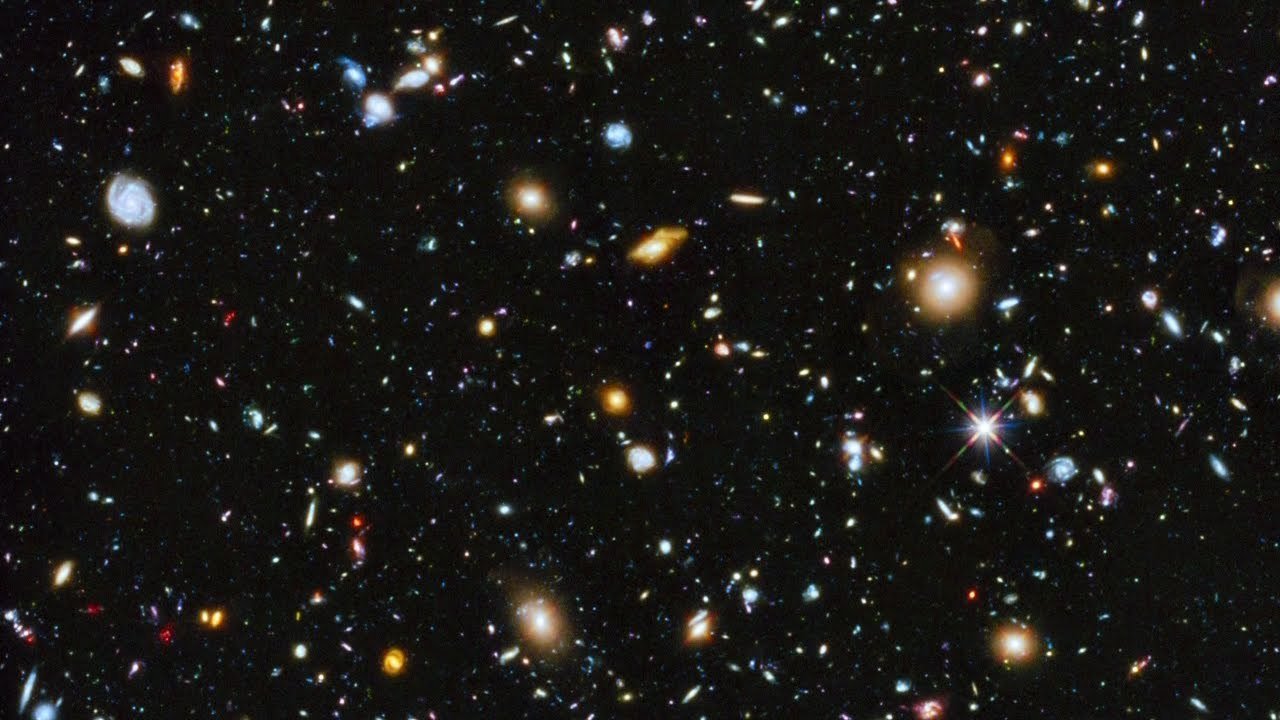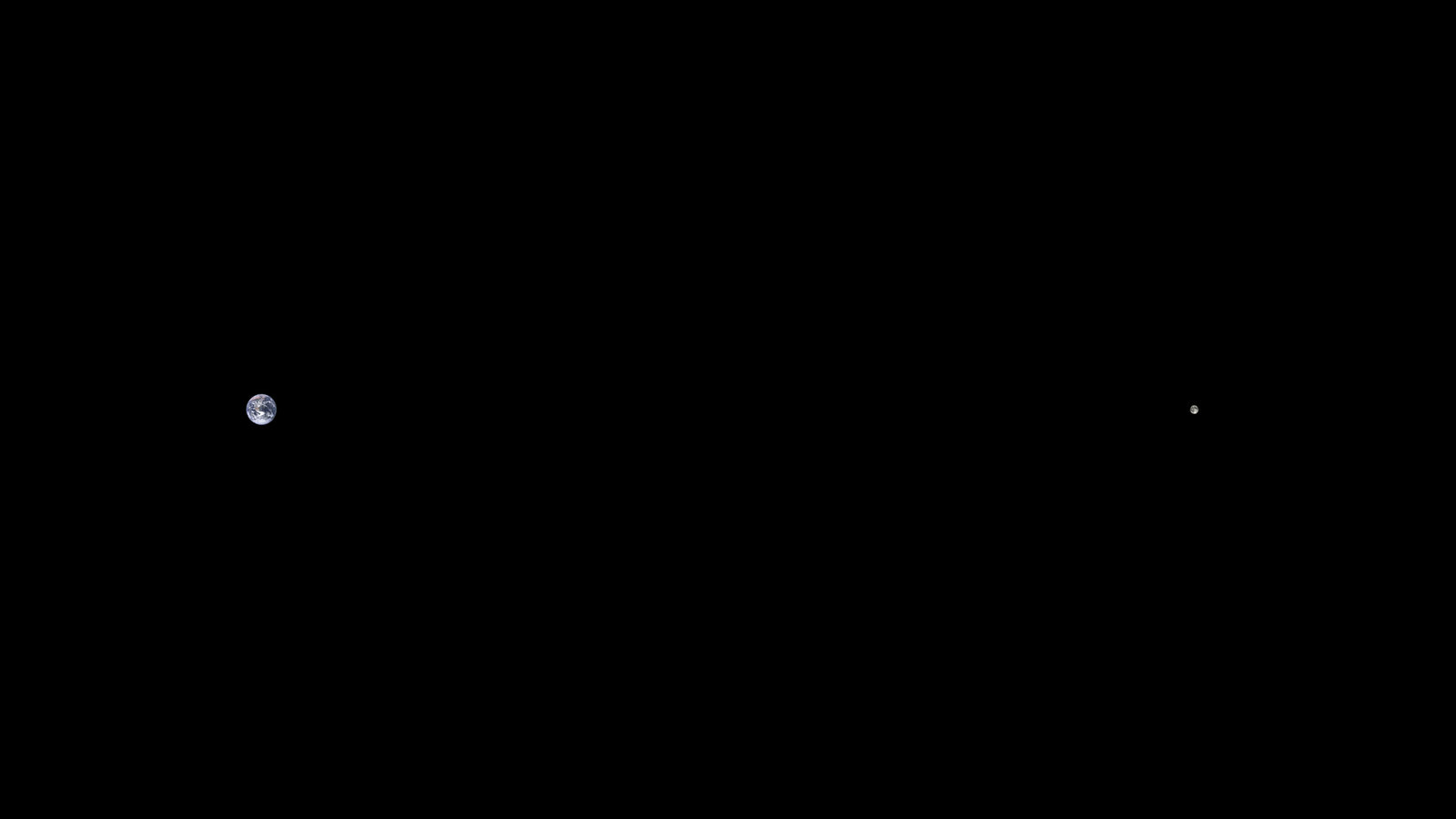Cluster Cosmology from Velocity Dispersions
Joe Hollowed
DePaul University Science Showcase
November 4 2016


Orientation








The Theory

Galaxy Clusters
- Largest and most recently collapsed objects in the universe (up to ~10 M☉ )
- Deriving estimators of cluster mass allows us to do cosmology

15
Hubble Space Telescope
November 2004
Heitmann et. al. 2015
The Data


South Pole Telescope
- Microwave, millimeter, submillimeter
- SPT-SZ Survey
- SPT-GMOS spectroscopic followup
SDSS 2.5m Telescope
Optical -
Sloan Digital Sky Survey -
BOSS spectroscopic followup -
Jose Francisco Salgado
kicp.uchicago.edu
Brian L. Lee
astro.ufl.edu
The Simulations

Q Continuum Simulation (1/16384 full sim)
Argonne National Laboratory
- Simulates gravity between trillions of particles over time, exhibits formation of clusters and the large scale "cosmic web"
- MIRA Supercomputer at ANL; 1.1 trillion mass particles resolving to ~10 M☉ in ~3Gpc box
9
Analysis and Correlation


Analysis
- SZ effect
- Richness
- Xray
- Weak Lensing
- Velocity Dispersions
Observational Analysis -


Analysis
Comparison
Core Tracking -
Mock Catalogs -
Cluster Finders -
Observational Analysis -


Analysis
Comparison
Core Tracking -
Mock Catalogs -
Cluster Finders -
Theory
Theory
Velocity Dispersions

The statistical dispersion of a distribution of galaxy velocities, calculated via a weighted average, visualized as the width of a fitted Gaussian
Analysis
Velocity dispersion measurements done for SPT clusters with at least 15 member galaxies (83 of 104)


Analysis
Passive Galaxies
Post-starbust
Star-forming
Post-starburst +
Star-forming

Analysis
A trend can be seen in dispersion vs. mass plot, but we are lacking in both sample size and mass range


Analysis
- 560 clusters total
- First time combining SPT-SZ and redmaPPer clusters for velocity dispersion mass scaling
- Relation looks promising


Future Work


Analysis
- SZ effect
- Richness
- Xray
- Weak Lensing
- Velocity Dispersions
Observational Analysis -


Analysis
Comparison
Core Tracking -
Mock Catalogs -
Cluster Finders -
Observational Analysis -


Analysis
Correlation
Core Tracking -
Mock Catalogs -
Cluster Finders -
Future Work


Cross check results with simulation data; mock masks, mock observations/catalogs, improve methods of analysis